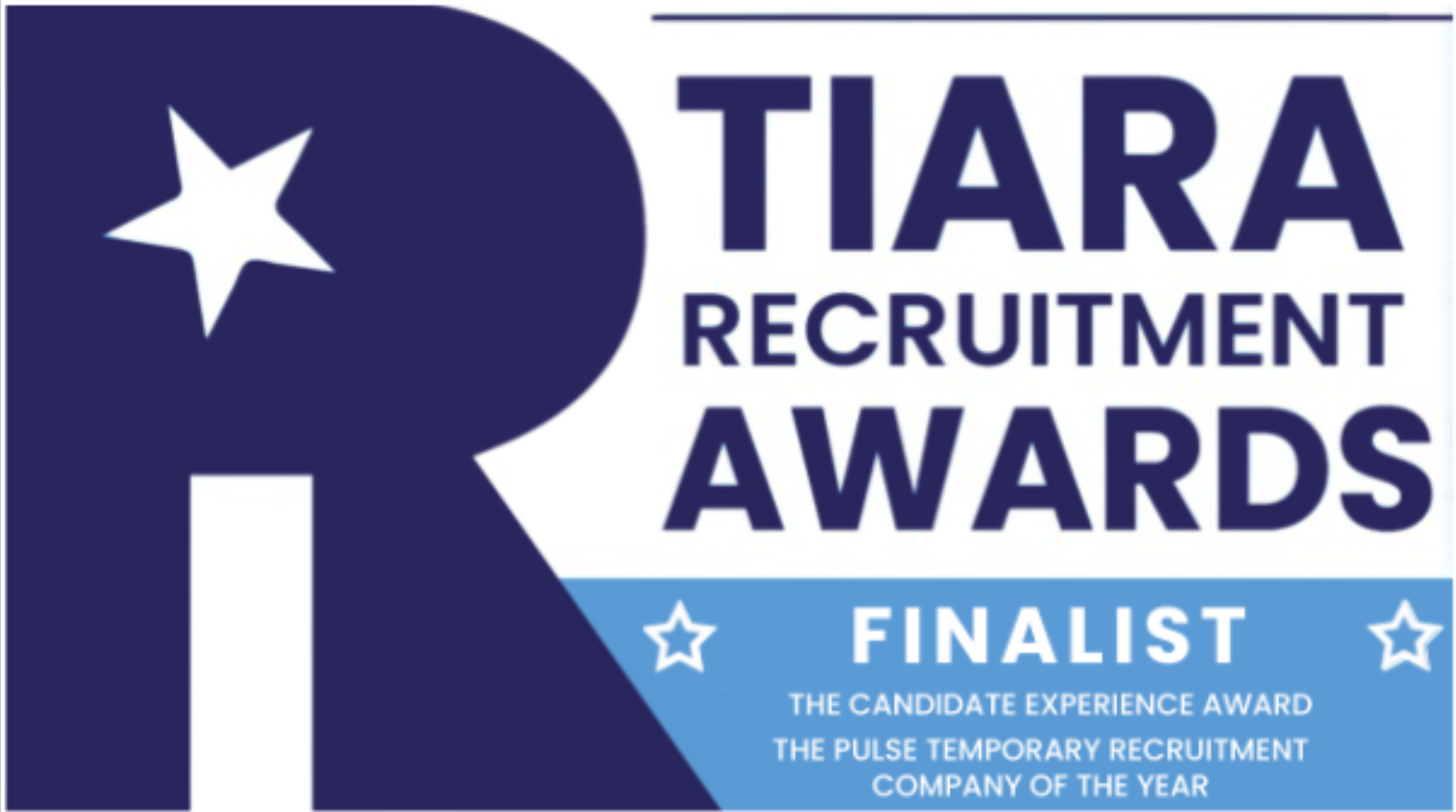Q4 Recruitment Predictions 2025

As we enter Q4, recruitment remains robust and tech-driven, with AI hiring trends playing a central role in hiring. Flexible work recruitment models are now standard, and demand for digital skills recruitment and critical skills continues to grow. Employers are combining data-driven hiring strategies with a focus on employee development and flexibility to attract and retain talent.
According to a
ManpowerGroup
survey, hiring outlook in Q4 shows stabilisation heading into 2026 after earlier declines, with expectations for increased recruitment driven by upcoming government changes. As hiring slows and employers become more selective,
recruitment agencies
are invaluable for accessing wider talent pools, accelerating the process, and ensuring the right fit amid high competition and longer hiring cycles.
Let’s dive a little deeper and explore what the predictions look like for our key sectors as we head into the final quarter of 2025.
1. Construction
Construction recruitment in Q4 typically surges, driven by project deadlines and funding cut-offs. Urgent short-term roles (labourers, logistics, quantity surveyors) and long-term positions tied to infrastructure projects in transport, energy, and defence are in high demand.
Partnering with specialist recruitment agencies remains the fastest, most effective way for companies to secure skilled workers quickly. Candidates can find immediate site work or stable roles on large-scale projects. Acting swiftly now positions agencies and candidates for success heading into 2026.
2. Aviation
The aviation recruitment trends are positive as the sector recovers strongly, with the aircraft maintenance, repair, and overhaul (MRO) market growing beyond pre-pandemic levels. Increased aircraft use and an aging global fleet are driving ongoing demand for skilled engineers. The global MRO market is projected to exceed $150 billion by 2035, with Q4 hiring needs increasing.
Recruitment agencies for aviation are critical for companies seeking qualified engineers and candidates exploring new roles amid this growth and complexity.
3. Data Centres
The data centre sector is entering hyper-growth, with data centre jobs surging. Q4 accelerates ongoing trends as hyperscalers and cloud providers invest heavily in real estate, power, and connectivity ahead of 2026. Long-term projects mean sustained demand for skilled workers—not just seasonal spikes.
Now is the prime time for clients and candidates to partner with
specialist recruiters
who understand the sector’s complexities and can connect the right talent to opportunities.
Q4 drives strong sales in fire detection and monitoring, propelled by tightening regulations and the adoption of wireless, IoT-enabled systems. New product launches integrating advanced analytics and cloud connectivity are expected. Growth in fire testing, certification, and compliance services will also boost demand for skilled professionals.
This dynamic, evolving sector offers excellent opportunities for talent entering the market in 2025, with
fire and security jobs
in high demand.
Demand for AI, big data, and cybersecurity skills is surging in mission-critical roles, alongside valued soft skills like resilience and adaptability. Hybrid work and tech-driven recruitment models will dominate.
While automation may replace some roles, overall
job growth
is expected, particularly in AI development, data centre operations, renewables, and network infrastructure. Upskilling and reskilling are essential as organisations adapt to innovation and sustainability. Recruitment agencies are pivotal in bridging the skills gap and connecting talent with emerging opportunities.
Renewable
energy—especially solar and wind—is growing fastest, with
nuclear power
also resurging. This momentum drives job growth in project development, construction, O&M, energy storage, and grid upgrades. However, skilled labour shortage for engineers, electricians, turbine technicians, and grid specialists is intensifying, pushing up wages and bonuses.
Recruitment is now a strategic company investing in power generation jobs, and upskilling will avoid costly project delays and succeed in the clean energy transition.
7. Utilities
The utilities sector is transforming rapidly due to technology, regulation, and workforce shifts. With an expected 205,000 new jobs in the UK by 2030, driven by clean energy and infrastructure modernization, demand for tech-savvy professionals is rising. Upskilling in cybersecurity, data literacy, and AI is critical.
Utilities sector recruitment trends show a growing need for tech professionals and enhanced hiring processes. Recruitment agencies specialising in utilities simplify hiring and ensure companies secure the right talent to navigate this evolving landscape.
For more insights or to discuss your hiring needs, please contact
one of our expert consultants!
Explore Live Job Roles Here
AVAILABLE NOW
2026 Essential Data Centre Industry Guide
GET IN TOUCH











